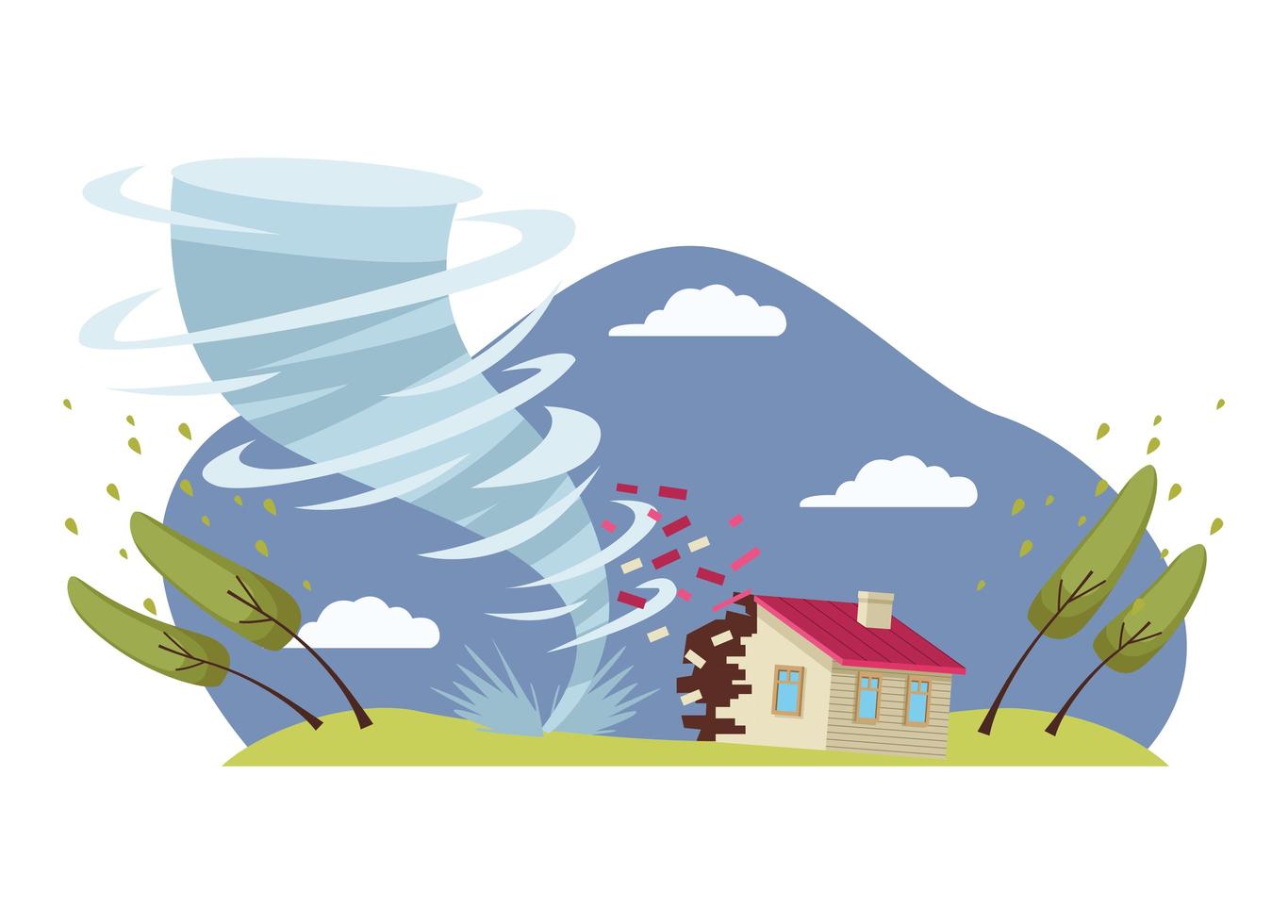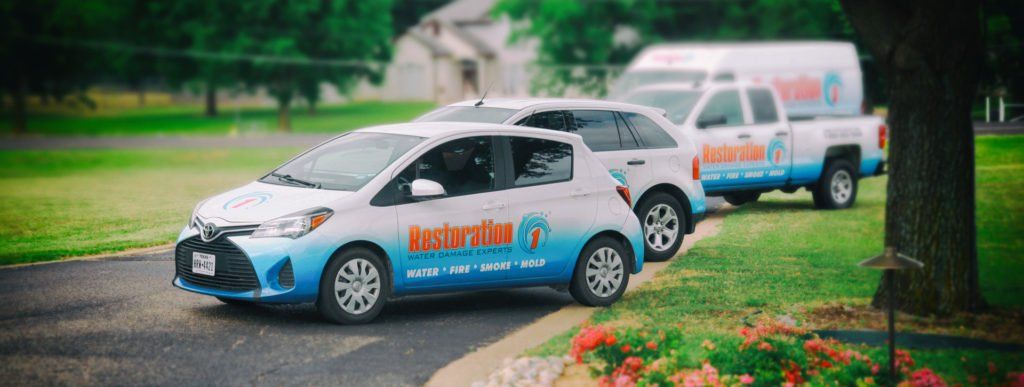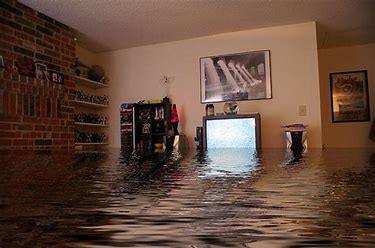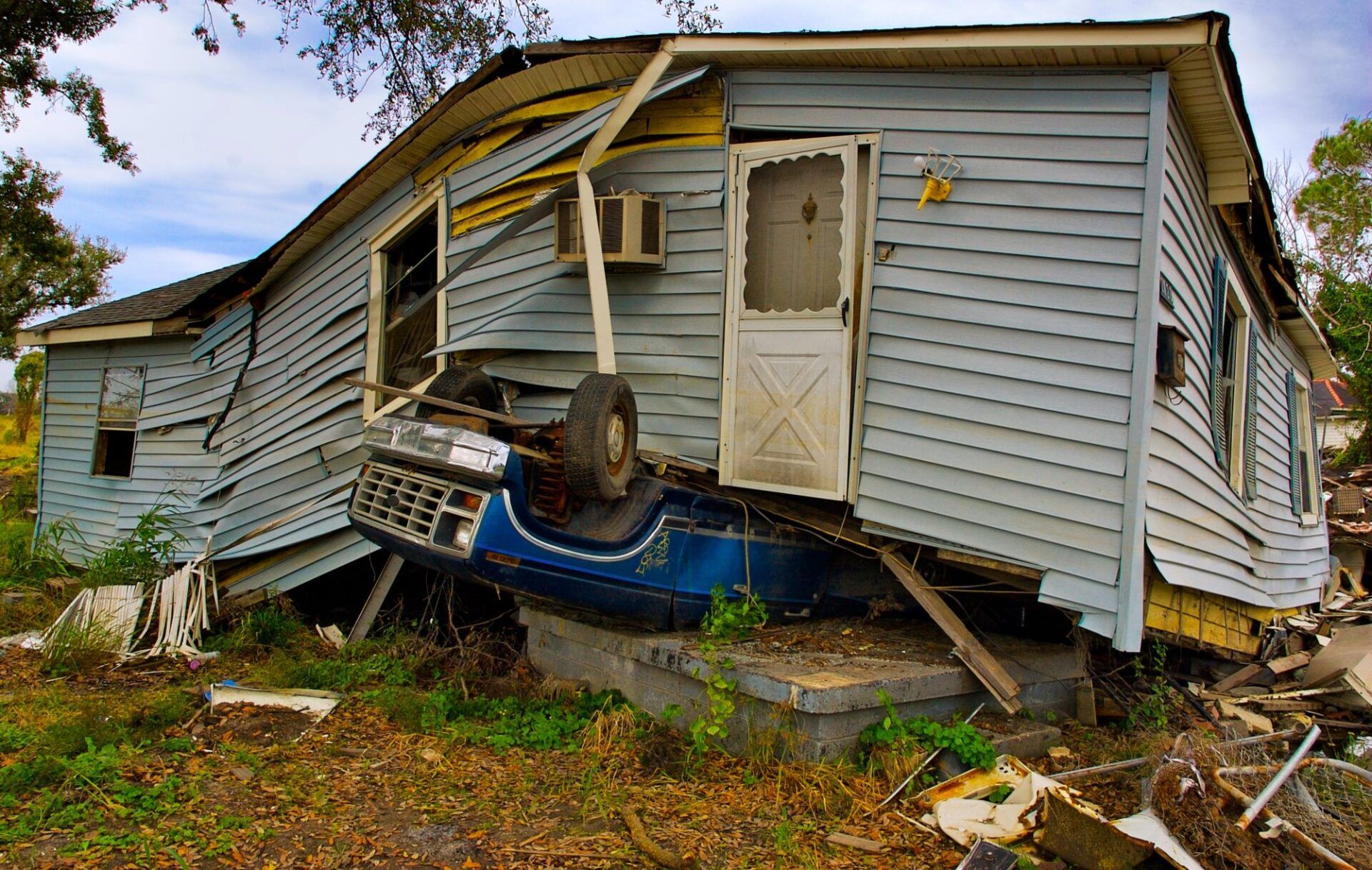Facts About Natural Disasters
Facts About Natural Disasters

A major disaster, such as an earthquake, tornado, or hurricane, can quickly overrun a whole community. Thousands of people might be killed, and many more could be maimed or traumatized as a result of the loss of friends, family, and homes. Natural disasters, unfortunately, are becoming increasingly common. Being prepared is essential. Having well-thought-out emergency preparations might actually be the difference between life and death.
Some disasters, like lightning strikes, home fires, and windstorms can occur anywhere. Others, like earthquakes and hurricanes, are more common in certain regions.
There are several natural disasters that many of us might face in the United States. Here are some facts about each of those disasters and what to do when facing the inevitable.
These sorts of calamities include:
Tornadoes and Severe Storms- Tornadoes form as a result of strong thunderstorms, which look like whirling, funnel-shaped clouds. They are powerful winds that average 30 miles per hour that stretch from a thunderstorm to the earth. They may also travel at speeds ranging from zero to 70 miles per hour. Tornadoes may hit fast and without notice, giving residents in affected regions only enough time to seek cover.
When facing server thunderstorms that have the potential to worsen into a tornado it is best to be vigilant. Get you and your family below ground into the basement or seek shelter and wait out the storm. With tornados being so quick to worsen and unpredictable it is best to be ready and wait it out somewhere safe.
Hurricanes and Tropical Storms- Hurricanes are tropical storms that develop in the southern Atlantic Ocean, the Caribbean Sea, the Gulf of Mexico, and the eastern Pacific Ocean. Every year, hurricanes affect millions of people who reside along the Atlantic and Gulf of Mexico coasts. Tornadoes, floods, and powerful winds are all possible in parts of the Southwest United States and the Pacific Coast as a result of hurricanes.
Hurricanes have a bit more warning to them, which allows for you to be far more prepared. Get your home ready by having 3-4 weeks of bottled water, and canned foods for you and your family in the chance that your area is effect by long-term power outages. Clear your outdoor area for anything that is not tied down that can become a fly object. Know where your shutters are for your windows and make sure they have all the blots needed to secure them to those windows. Be prepared to wait out the storm or to use the evacuation plans issued by your county.
Floods-Flooding is one of the most prevalent natural disasters in the United States. They arise when ordinarily dry ground suffers an excess of water. Floods are caused by a variety of occurrences, including hurricanes and tropical storms, burst dams or levees, and flash floods that occur within minutes or hours after heavy rain.
Although floods are more common around the shore, especially during hurricane season, they can occur anywhere and vary in magnitude and length. Even little streams, gullies, and creeks that appear to be innocuous in dry weather might flood.
A flood's physical damage varies, with some destroying everything in its path, including buildings, bridges, automobiles, and even people who may be stranded or wading in water.
With the United States facing some of the longest and harshes droughts seen in decades, flooding is going to become far more frequent for many of us. The readiness for a flood comes long before a drop of rain falls. The best way to be ready for a flood is your check your home for any possible leaks or places that excess water may enter, and have those taken care of by your local restoration company. The next and most important step is to call your insurance company and check your flood insurance policies. If they do not cover flooding, it might be time to add that to your coverage.
Wildfires- Wildfires are frequently started by lightning or by an accident and go unreported at first. They spread swiftly and are particularly damaging if they exist near woods, rural regions, remote mountain places, and other wooded environments where people reside. While not as frequently reported as floods, tornadoes, and severe storms, they can still create mental discomfort in those who live in impacted areas.
With droughts becoming more frequent and server, wildfires are soon to follow. The best way to prepare for a wildfire to affect your home is to clear away as much brush and shrubbery around your home. This will help slow the fire and give your home a chance of survival. Be prepared to evacuate your family and animals from your home in a matter of hours. Keep an eye out for any information or directions coming from your fire departments, state government, or county leaders.
Winter Storms- Winter Storms can have some of the biggest impacts on homes and their owners. Their effect can have varying impacts throughout the winter season. Some winter storms can come with a lot of heavy snow, some may bring fidget temperatures and some may bring a dumping of ice to regions.
Before the winter season sets in, it is best to get ready. Stock up on warm blankets, clothing, and canned foods. Some of these storms can cause widespread power outages for days or weeks, so it is best to be prepared as much as possible. Do not wait until the storm is upon you to get your supplies ready.
Natural disasters are unexpected, but we are a restoration firm that offers services 24 hours a day, seven days a week. Restoration 1 of Central Bucks County will provide timely and dependable emergency services for water damage, fire and smoke damage, mold removal, and natural disaster recovery.
So, when nature calls this year, know you can depend on us! To learn more about how we can help you restore your house, business, and personal items to pre-loss state, call us at any time or visit our services page.









